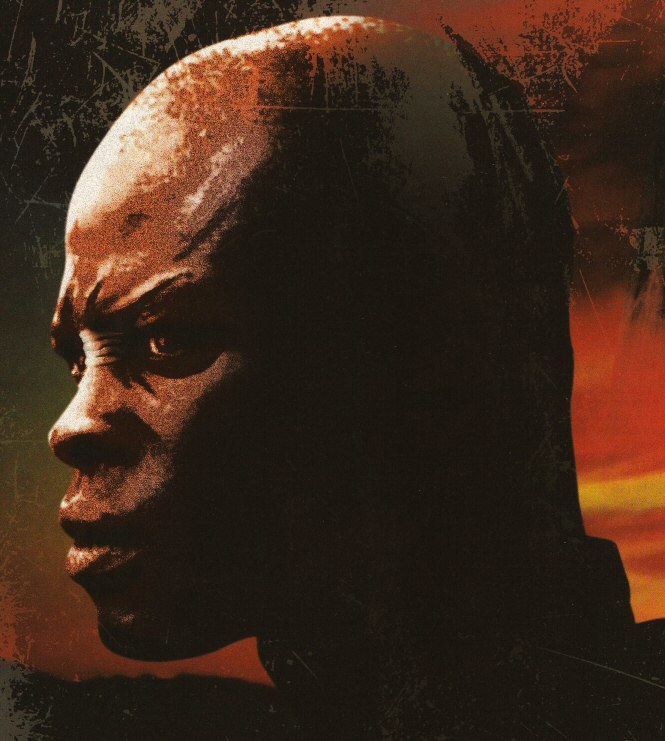This was always my greatest gripe with Trek. The overly-simplistic notion that Klingons were "X", Romulans were "Y", Cardassians were "Z" and hardly ever any variation on the theme was very short-sighted, IMHO. This, particularly coming from a show that invented the concept of IDIC, seemed tangentially hypocritical.
True, Klingons were somewhat fleshed out because they were given more air time than probably any other race outside Starfleet, and we saw some interesting variations on Cardassians in DS9, but always seemed to be extremely rare exceptions from the grander rule. Romulans in the 24th century, to me, were exceptionally lame and seemed to deviate from their more honor-bound predecessors in TOS. It almost seemed like the Klingons and Romulans switched roles between the two shows and in the 22nd Century, with Enterprise, they were all asshats - but that's another subject that's a bit off-topic.


 .
. )
)
